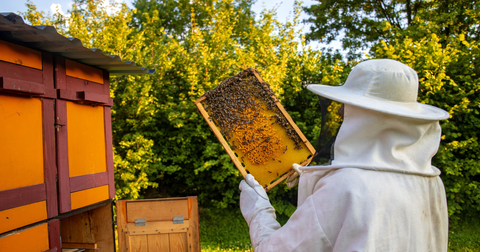Stories from the Hive
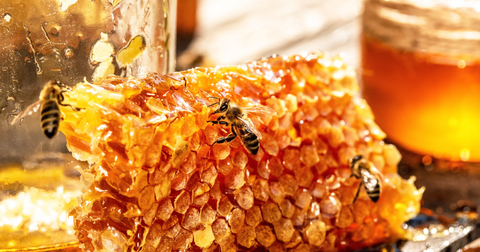
Honey is generally safe and beneficial, some people might experience allergic reactions to it. While honey can cause allergies, The main culprits behind honey allergies are the pollen, bee proteins, and plant allergens found in it, not the honey itself. Pollen from flowers can end up in the Honey and may trigger allergic reactions in individuals who are sensitive to pollen, bee proteins, or plant allergens.
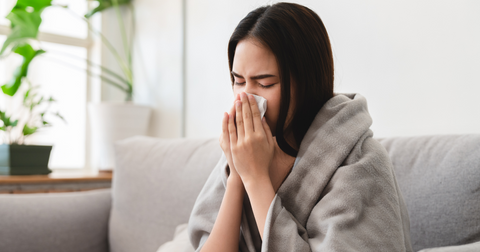
Honey has long been celebrated for its diverse medicinal properties, making it a valuable natural remedy. Its effectiveness comes from its antibacterial and anti-inflammatory qualities, which are attributed to its low water content, acidic pH, and the presence of hydrogen peroxide. These qualities helps in relief for coughs, colds, sore throats and others
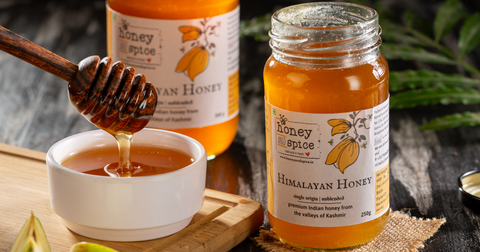
Pure honey is rich in antioxidants. These act like bodyguards, protecting your cells from damage caused by free radicals. Honey has natural sugars that can give you a quick energy boost, without the crash you get from sugary drinks.
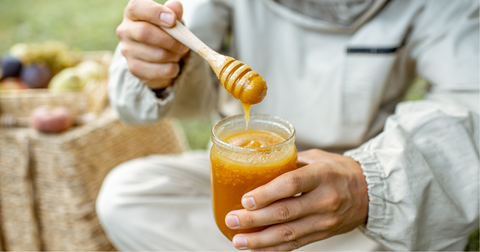
Honey crystallization is a natural process that occurs due to Honey’s unique chemical composition. It is the formation and growth of sugar crystals in a jar of Honey. Crystallization is a natural process and not a sign of adulteration or spoilage. It’s not a sign of spoilage but a normal reaction to honey’s supersaturated sugar solution.

